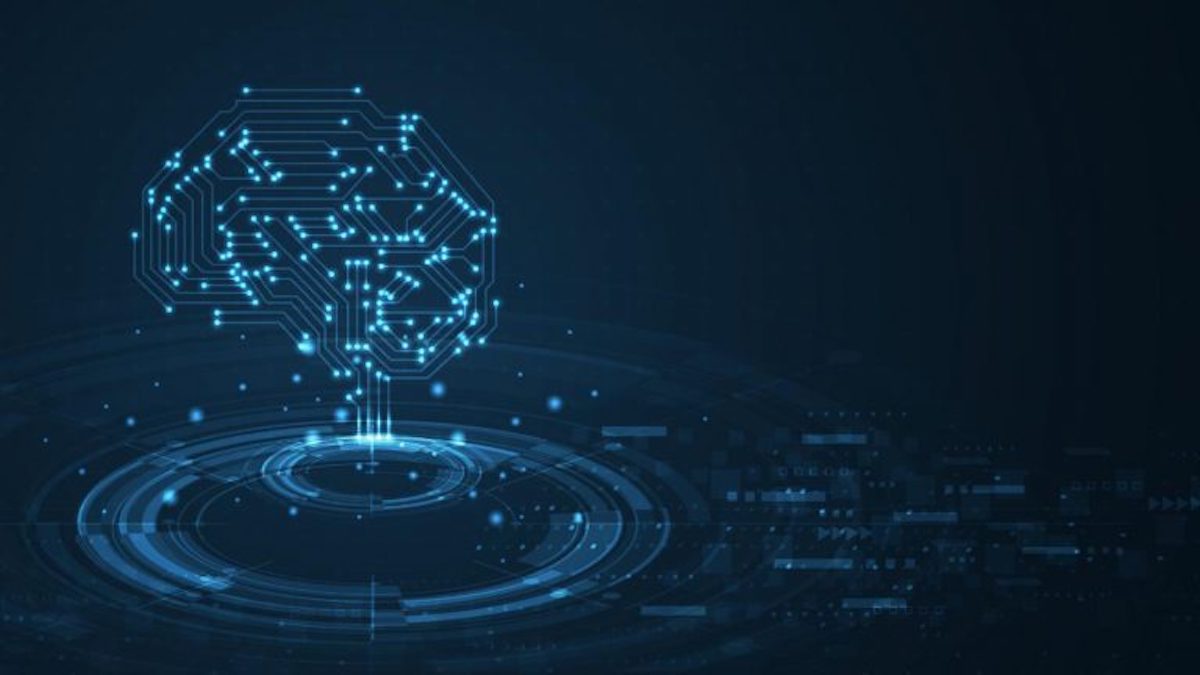Assistant Professor, Dr. Muhammad Abdul-Mageed, and his team at the Deep Learning & Natural Language Processing (DLNLP) Group at UBC have recently launched Learnera.ai, a new educational platform for Deep Learning training.
Learnera will focus on offering hands-on Deep Learning (DL) training. DL is a class of machine learning methods inspired by information processing in the brain. It involves learning layered representations of richly complex concepts from lower-level, simpler concepts. DL is the technology behind many recent breakthroughs in communication, health, and manufacturing, among other fields. DL methods can help us analyze and better understand unstructured data by creating models that emulate human-decision making capabilities. All of these transformational changes are impacting broad sectors of our society.
"DL has revolutionized how we build machines, automate processes, analyze data, and just problem-solve in a fast-increasing host of domains," said Dr. Abdul-Mageed.
The main goal of the Learnera platform is to support individuals with basic or no prior knowledge of machine learning. Dr. Abdul-Mageed and members of his research group have offered “Introduction to Deep Learning”, Learnera’s first live workshop, on March 31, 2022. Workshop content covered different topics, such as an introduction to NumPy and PyTorch, Feedforward, Convolutional and Recurrent Neural Networks, and Transformers.
Training through Learnera is free to access and provides users with video tutorials and notebooks to use while learning. This hybrid workshop was very successful, with 250+ participants attending from Canada and around the world. The workshop was co-located with the Fourth International I Trust AI Plenary.
About the Deep Learning & Natural Language Processing (DLNLP) Group at UBC
The Deep Learning & Natural Language Processing Group (DLNLP) conducts research on deep representation learning and natural language socio-pragmatics, with the goal to build social machines for improved human health, safer social networking, and reduced information overload. DLNLP is part of Machine Learning@UBC and NLP@UBC and is currently involved in a wide range of academic collaborations, supporting research in two SSHRC partnerships:
-
I Trust AI, directed by Dr. Abdul-Mageed and UBC iSchool Professor, Dr. Luciana Duranti, is a multi-national interdisciplinary project aiming to design, develop, and leverage Artificial Intelligence to support the ongoing availability and accessibility of trustworthy public records.
-
Ensuring Full Literacy, an international project aimed at bridging the many dimensions of literacy acquisition in our multicultural and digitally-connected world that is directed by Dr. Janet Werker of UBC Psychology and co-led by Dr. Abdul-Mageed.
The DLNLP group is also involved in industry collaborations with several external partners, such as Google, AMD and Microsoft. These partnerships provide different computing resources and valuable opportunities for students to explore new ideas. This engagement also ensures that academic and scientific institutions would always have a say in how the technology is shaped and developed.
"I look forward to scaling up these existing collaborations by having new strategic partnerships and also strengthening the ones that we already have. We love working with other colleagues and we want to continue doing that. I believe research, and science in general, are social activities and by just doing it this way, we are more successful and socially impactful," said Dr. Abdul-Mageed.
For more information about the DLNLP Group, please visit www.dlnlp.ai.
Story developed by UBC's School of Information.
